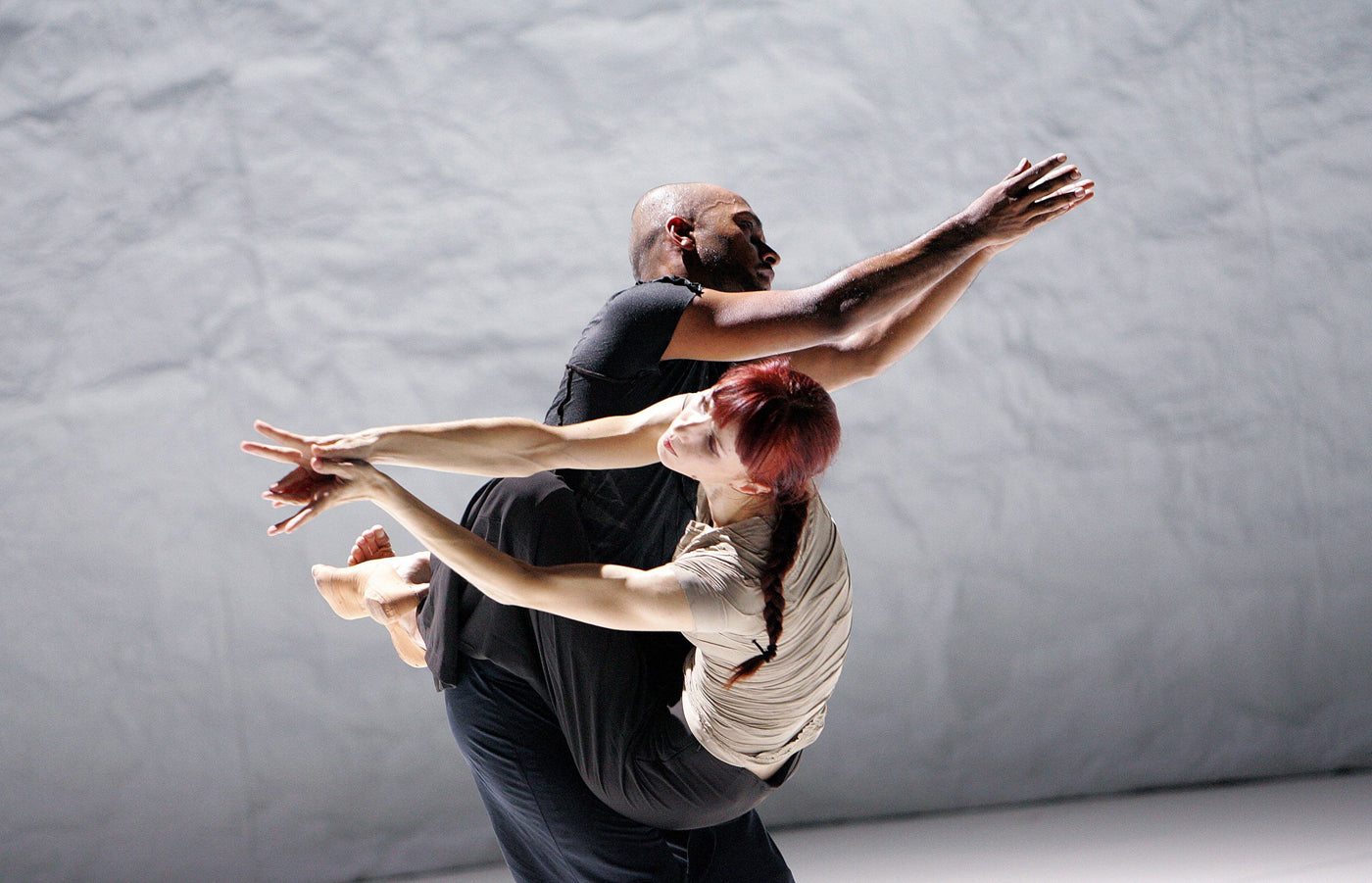A Spectacular Ride
In 2017, David Bintley—Birmingham Royal Ballet’s then-director—adapted Sir Peter Wright’s much-loved 1990 production of “The Nutcracker” for London’s Royal Albert Hall.
Continue Reading
World-class review of ballet and dance.
When it was conceived in 2006, “Sacred Monsters” marked Sylvie Guillem's transition from the classical scene to the contemporary one—an intriguing development that had the famed ballerina's fans on the edge of their seats, eager to witness what turned out to be an inspired reformation. This revival, however, speaks to a less celebratory event: Guillem's impending departure from the stage altogether. (Her final performances have been announced for May 2015.) A full house showed up last week to watch the piece, which takes its title from an old French nickname for the biggest icons of the theatre and also features contemporary superstar Akram Khan. We weren't disappointed: the two stars put on an incredible show, one brimming with virtuosity and the kind of experimental artistry only dancers of a certain calibre can pull off convincingly.
Performance
Place
Words

Akram Khan and Sylvie Guillem in "Sacred Monsters." Photograph by Tristram Kenton


“Uncommonly intelligent, substantial coverage.”
Your weekly source for world-class dance reviews, interviews, articles, and more.
Already a paid subscriber? Login
In 2017, David Bintley—Birmingham Royal Ballet’s then-director—adapted Sir Peter Wright’s much-loved 1990 production of “The Nutcracker” for London’s Royal Albert Hall.
Continue ReadingThis program of three works by William Forsythe set to the music of James Blake has special meaning for La Scala Ballet.
Continue ReadingUshering in the ninth season of Dance at the Odyssey, which takes place January 8–February 16 at the Odyssey Theatre Ensemble and features a number of cutting-edge choreographers and world premieres, curator, producer and festival co-founder Barbara Müller-Wittmann adores her job.
Continue ReadingAround this time of year, we can all use a little cheer. The early darkness, the cold, the state of the world alone can send one into a spiral.
Continue Reading
comments